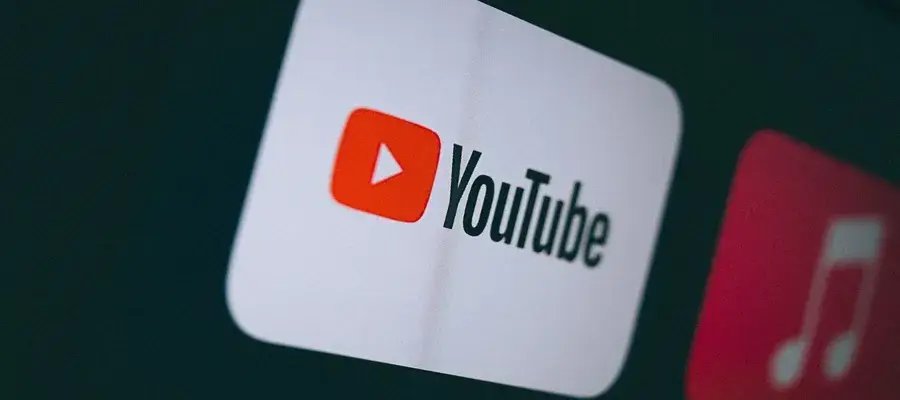A Pakistani court has ordered YouTube to block 27 channels operated within the country, including one managed by jailed former Prime Minister Imran Khan. This decision was made due to allegations of spreading “anti-state” content.
The action follows a report from the National Cyber Crime Investigation Agency (NCCIA), which claimed the channels were publishing false and provocative material targeting national institutions. Among those affected are several prominent journalists, including Asad Toor, Matiullah Jan, and Arzoo Kazmi.
The order has drawn criticism from digital rights advocates and opposition leaders, who warn that it marks a larger crackdown on dissent and a concerning decrease in freedom within Pakistan’s digital landscape.
Prominent Voices Named in the Ban
A recent court order in Pakistan targets a range of political commentators, journalists, and digital content creators who have frequently criticized the military and the current government. Among those affected is jailed former Prime Minister Imran Khan, whose official YouTube channel is one of 27 flagged for allegedly spreading “anti-state” content.
The list also includes prominent journalists such as Moeed Pirzada, Matiullah Jan, Asad Toor, Arzoo Kazmi, and Ahmad Noorani, all known for challenging official narratives or reporting on politically sensitive issues.
Some of the creators named have faced restricted visibility, blocked content, or have fled the country to avoid arrest. For instance, Kazmi’s channel is now reportedly inaccessible in both Pakistan and India. Critics argue this move reflects a broader effort to suppress dissent online, extending state control into digital spaces where independent voices had once found refuge beyond traditional media boundaries.
Channels identified in the Court Order
A recent court order has highlighted a list of 27 YouTube channels, including one run by the imprisoned former Prime Minister Imran Khan. The channels feature many well-known journalists and political commentators, including Arzoo Kazmi, Asad Toor, Matiullah Jan, and Imran Riaz Khan, among others. These individuals often discuss important issues in Pakistan and are recognized for their critical coverage of the relationship between the country's military and government.
The list also includes channels associated with various figures and political parties, such as Pakistan Tehreek-e-Insaf. Other noteworthy channels mentioned are Naya Pakistan, Daily Qudrat, and Reel Entertainment TV. Many of these creators have reported experiencing censorship, surveillance, or even threats due to their work over the past few months, reflecting the challenging environment for press freedom in the region.
Censorship Concerns and Technical Realities
The court has ordered YouTube to block several channels, but experts caution that enforcing such bans is difficult without the platform’s cooperation. According to a senior IT consultant, these efforts may be largely symbolic unless YouTube itself takes action using geofencing or internal enforcement tools. Many content creators have reported reduced visibility or complete inaccessibility of their videos within Pakistan.
Some have relocated abroad, continuing to publish content while fearing arrest or other serious consequences. The move has drawn comparisons to India’s recent ban on Pakistani channels accused of spreading misinformation. Now, Pakistan is blocking its own citizens, prompting concerns over a growing regional trend of digital censorship. Notably, Arzoo Kazmi’s channel is now inaccessible in both India and Pakistan, underscoring the shrinking space for dissenting voices across borders.
